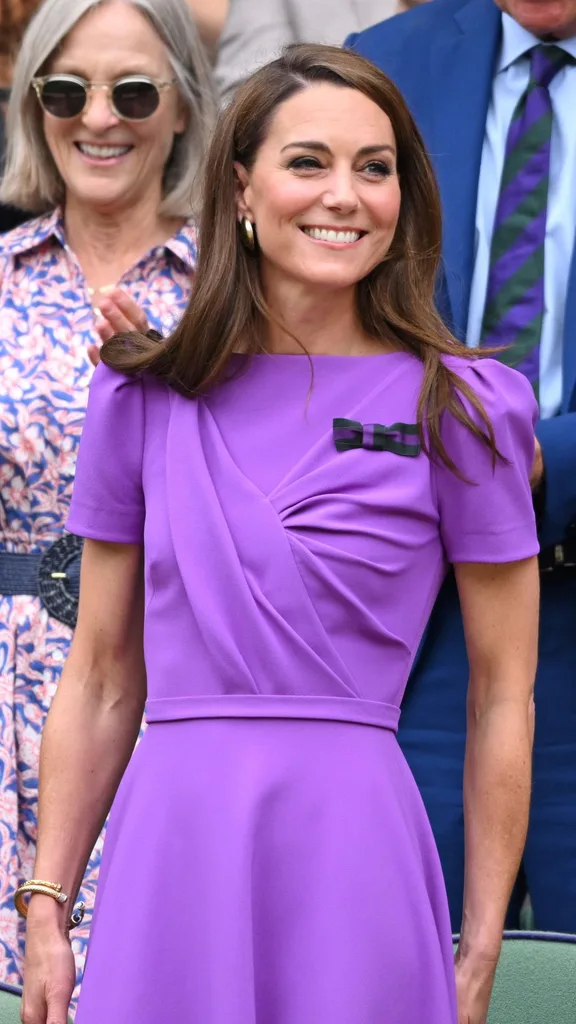Is 'The Salt Path' a True Story? Doubts Emerge Over Raynor Winn's Hiking Memoir

Raynor Winn's The Salt Path, a deeply moving memoir about a couple's desperate journey walking the 630-mile South West Coast Path after losing their home and livelihood, has captivated readers worldwide. The book, which was recently adapted into a film starring Gillian Anderson, details their struggles with poverty, hunger, and the elements, and their resilience in the face of adversity. However, recent reports have cast doubt on the veracity of several key claims made in the book, sparking a heated debate about the nature of memoir and the responsibility of authors to present an accurate account of their lives.
The Allegations: What’s Been Questioned?
The controversy began with an investigation by The Guardian, which raised concerns about Winn's account of her and her husband Moth's financial situation and their time on the trail. Key points of contention include:
- Financial Hardship: The investigation questioned the extent of the couple's financial losses, suggesting their situation may not have been as dire as portrayed.
- Moth's Health: There are doubts about the severity and nature of Moth's cognitive decline and the medical diagnosis underpinning his condition. Some medical professionals have expressed skepticism about the presented symptoms aligning with the claimed diagnosis.
- Wild Camping & Interactions: Reports suggest discrepancies regarding the couple's reliance on the kindness of strangers and the accessibility of wild camping spots along the path, with some locals disputing Winn's accounts of frequent assistance.
Raynor Winn's Response
In response to the allegations, Winn has acknowledged some inaccuracies but maintains the core narrative of the book is truthful. She stated that while some details may have been unintentionally misremembered or embellished over time, the emotional truth of their experience remains valid. She has also expressed regret for any distress caused by the inaccuracies.
The Impact on the Film and Readers
The controversy has undoubtedly shaken readers and raised questions about the film adaptation. While Gillian Anderson has expressed her support for Winn, the allegations have prompted distributors to review the film's marketing materials. Many readers are re-evaluating their perception of the book, questioning whether the inspiring story they embraced was based on a foundation of truth.
The Broader Implications for Memoir Literature
This situation highlights the complex ethical considerations surrounding memoir writing. While memoirs are inherently subjective accounts, there's a growing expectation of accuracy and transparency from authors. The line between creative license and fabrication can be blurry, and this case serves as a reminder of the importance of rigorous fact-checking and ethical storytelling. Publishers and readers alike need to approach memoirs with a critical eye, recognising that they represent a personal interpretation of events, not necessarily an objective record of truth.
What's Next?
The debate surrounding The Salt Path is likely to continue. Further investigations and responses from Winn are anticipated. Regardless of the ultimate outcome, this controversy has sparked a crucial conversation about the integrity of memoir writing and the responsibilities of authors in shaping public perception.





